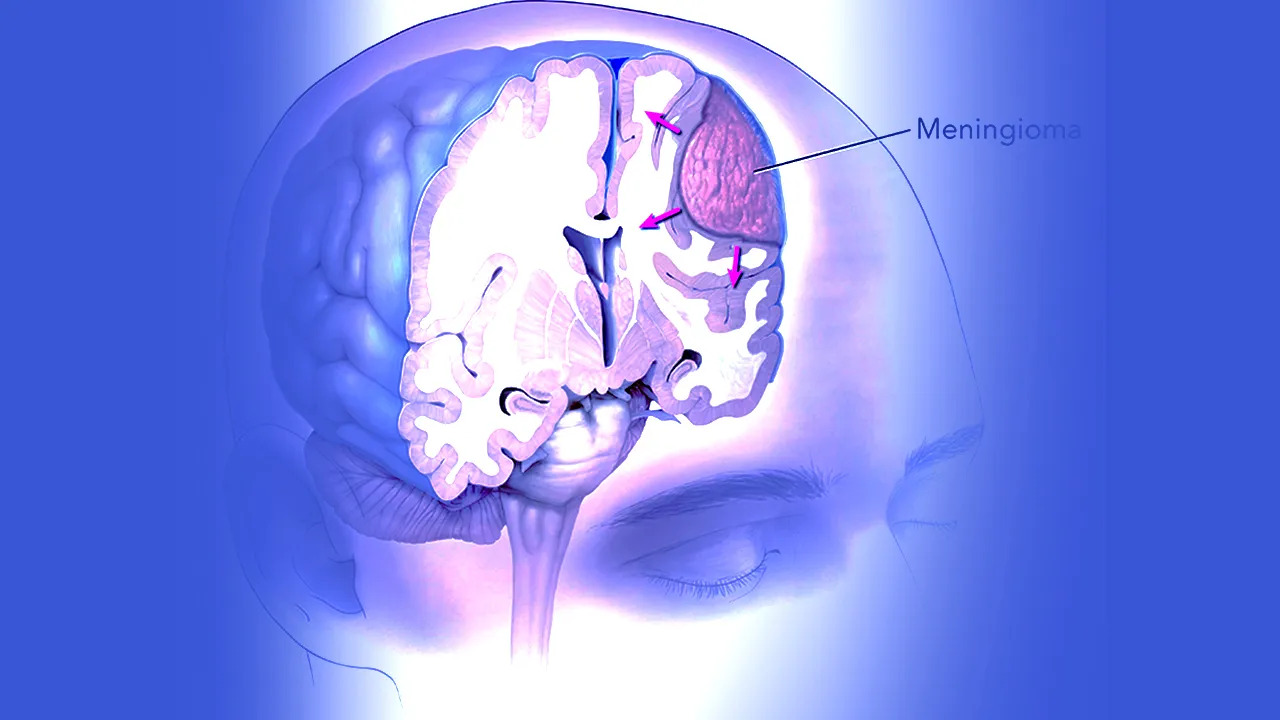Meniere’s disease is a chronic condition that affects the inner ear, causing episodes of vertigo, tinnitus, hearing loss, and a feeling of fullness in the ear. It is named after the French physician Prosper Meniere, who described the condition in 1861. Meniere’s disease is relatively rare, affecting approximately 0.2% of the population.
Symptoms of Meniere’s disease typically occur in episodes, which can last from 20 minutes to several hours. The most common symptom is vertigo, which is a sensation of spinning or dizziness. Vertigo can be severe and can cause nausea and vomiting. Tinnitus, or ringing in the ear, is another common symptom of Meniere’s disease. The ringing can be constant or intermittent and can be accompanied by a feeling of fullness in the ear. Hearing loss is also a common symptom of Meniere’s disease, which can be temporary or permanent.
The exact cause of Meniere’s disease is unknown, but it is believed to be related to fluid buildup in the inner ear. Various factors, including viral infections, head trauma, allergies, and autoimmune disorders, can cause this fluid buildup. Meniere’s disease can also be hereditary and is more common in people over 40.
Diagnosis of Meniere’s disease is based on a combination of symptoms and tests. For example, a hearing test determines if there is any hearing loss, and a balance test assesses the patient’s balance. An MRI or CT scan may also rule out other conditions that can cause similar symptoms.
Treatment for Meniere’s disease is focused on managing symptoms and preventing episodes. Medications such as diuretics and anti-nausea drugs can reduce fluid buildup and alleviate symptoms. In severe cases, surgery may be necessary to remove the inner ear or implant a device that helps regulate fluid levels.
In addition to medical treatment, several lifestyle changes can help manage Meniere’s disease. These include reducing salt intake, avoiding caffeine and alcohol, and getting enough rest. Stress management techniques such as meditation and yoga can also help reduce the frequency and severity of episodes.
Living with Meniere’s disease can be challenging, but most people can lead normal, active lives with proper treatment and management. It is essential to work closely with the healthcare provider to develop a treatment plan tailored to individual needs and support from family and friends.
Meniere’s disease is a chronic condition that affects the inner ear, causing episodes of vertigo, tinnitus, hearing loss, and a feeling of fullness in the ear. While the exact cause of Meniere’s disease is unknown, it is believed to be related to fluid buildup in the inner ear. Treatment for Meniere’s disease focuses on managing symptoms and preventing episodes; several lifestyle changes can help manage the condition. Most people with Meniere’s disease can lead normal, active lives with proper treatment and management.

Comments are closed.